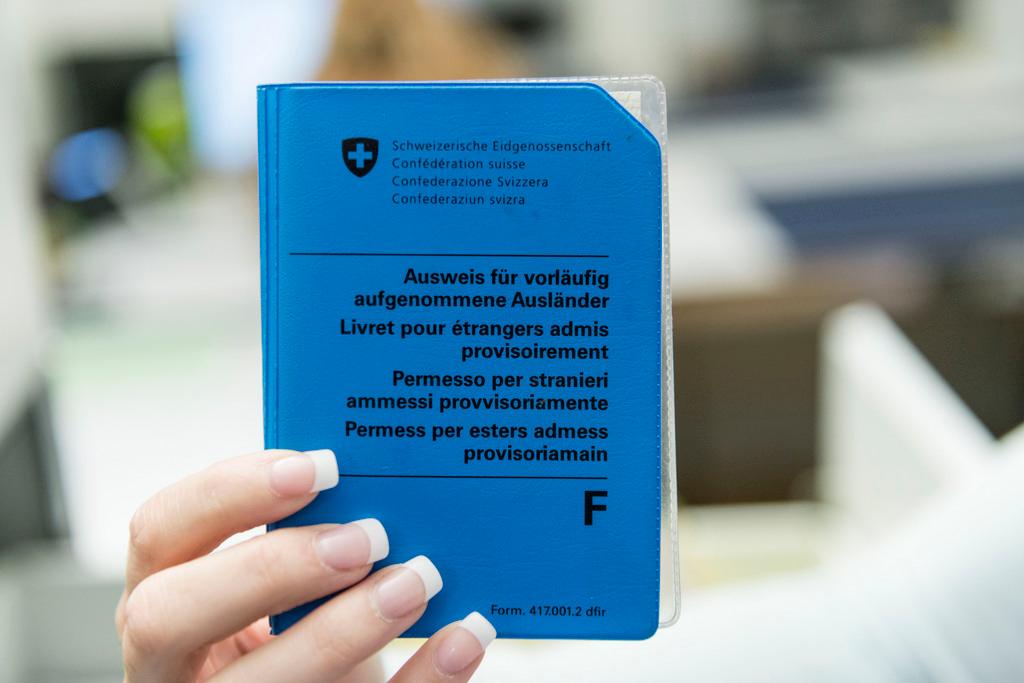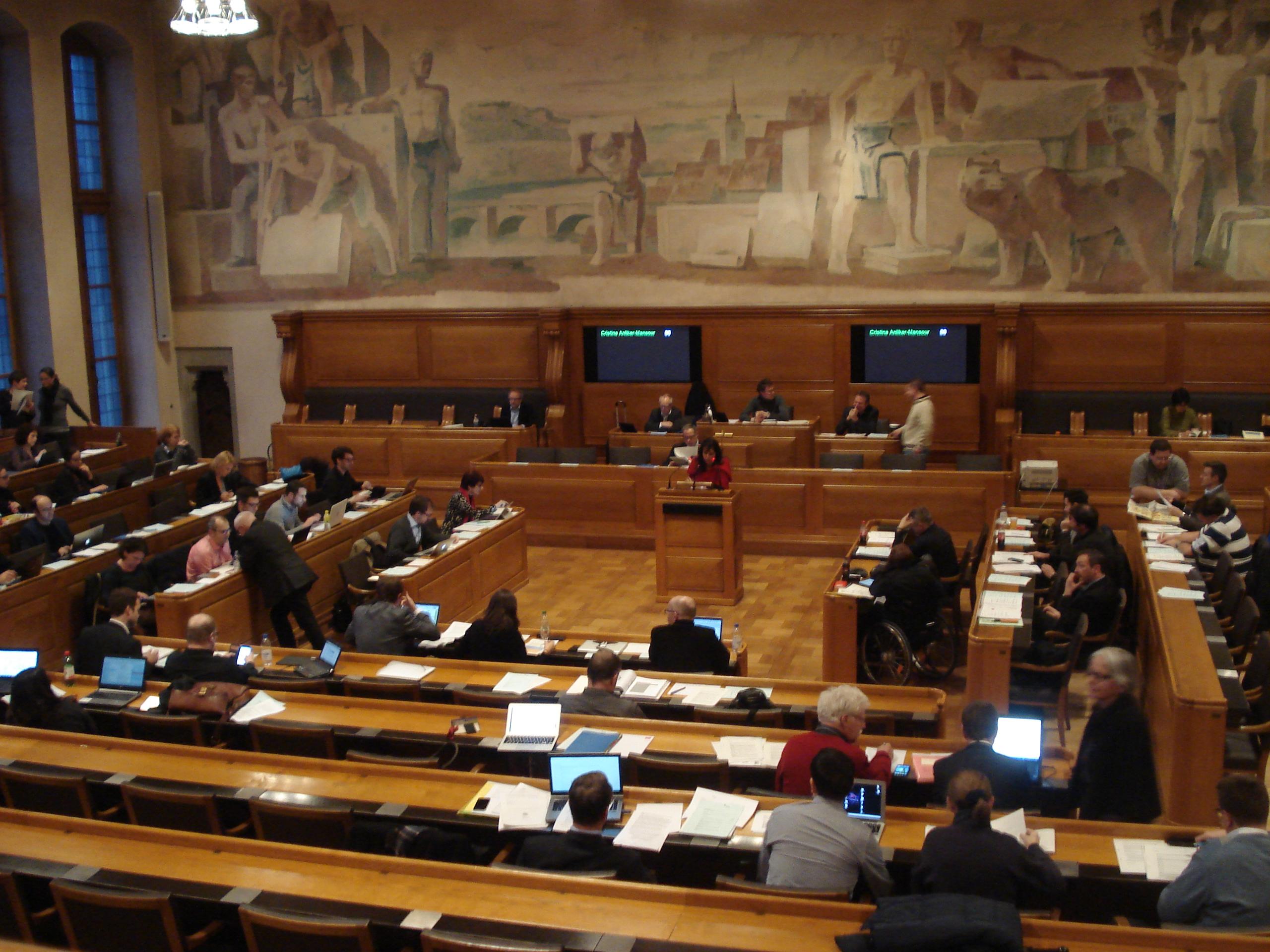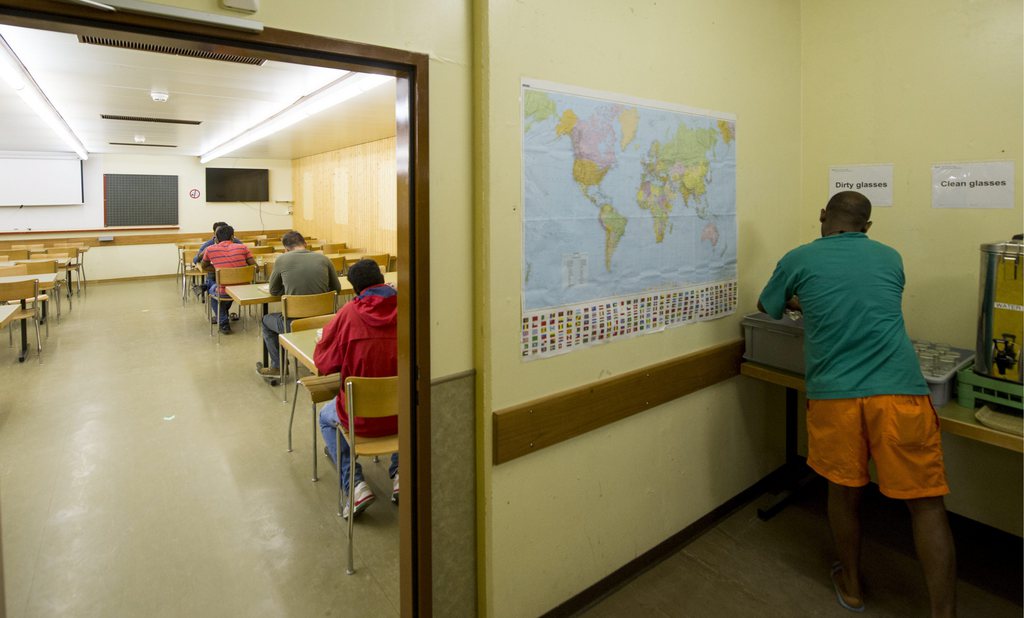Migrants tipped to drive Swiss population boost

Foreign immigrants are expected to account for more than 80% of Switzerland’s population increase in the next 30 years, according to projections from the Federal Statistical Office.
The number of people living in Switzerland is forecast to rise from 8.25 million at present to 10.2 million by 2045. “This increase will largely be due to migration and to a lesser extent due to a surplus of births over deaths,” a report published on Monday states.
The Statistical Office ran three models to predict how the population would change during the course of the next generation. The highest population projection for 2045 is 11 million and the lowest is 9.4 million, but the most likely base scenario is 10.2 million – representing an annual increase of 0.7%.
“Over 80% of this increase will be due to an immigration surplus [the difference between incoming migration and outgoing],” said the report.
On Tuesday the Statistical Office released provisional dataExternal link for the first quarter of 2015, which showed the number of foreign residents in Switzerland had exceeded two million.
The total Swiss population is now 8,256,000 – 6,242,000 Swiss and 2,014,000 foreign. Non-Swiss thus make up 24.4% of the resident population, although around a fifth of that figure were born in Switzerland. This is expected to reach 30.7% in 2045 under the base scenario, but the proportion could be as high as 34.1%, according to the report’s projections.
Among the working population, the number of foreigners will most likely reach 32.7% from 25.8% at present.
Backlash
Rising numbers of foreign immigrants have stoked an increasingly vocal backlash in recent years. In February of last year voters passed an initiative that called for unspecified restrictions on the number of foreign workers coming into Switzerland. This in turn has soured relations between Switzerland and the European Union, which insists that Switzerland continues to respect an accord allowing EU workers unrestricted access to Swiss jobs.
However, in November voters rejected another initiative to cap net annual immigration to no more than 0.2% of the population.
The report from the Statistical Office also predicted that the number of over-65s in the total population would nearly double from 1.5 million to 2.7 million under the base scenario. At the same time, the numbers of under-20s would rise to only 1.9 million from the current 1.7 million, representing a further ageing of the Swiss population.
The number of people in the workforce is expected to increase 11% to 5.3 million, boosted by an expected rise in the number of women taking full-time jobs.
The percentage of 25- to 64-years-olds with higher education qualifications is expected to rise from 40% at present to 50% in 2027 and 57% in 2040. Around 30% of this increase will be attributed to the “brain gain” of highly skilled foreigners, the report concludes.

In compliance with the JTI standards
More: SWI swissinfo.ch certified by the Journalism Trust Initiative



You can find an overview of ongoing debates with our journalists here. Please join us!
If you want to start a conversation about a topic raised in this article or want to report factual errors, email us at english@swissinfo.ch.